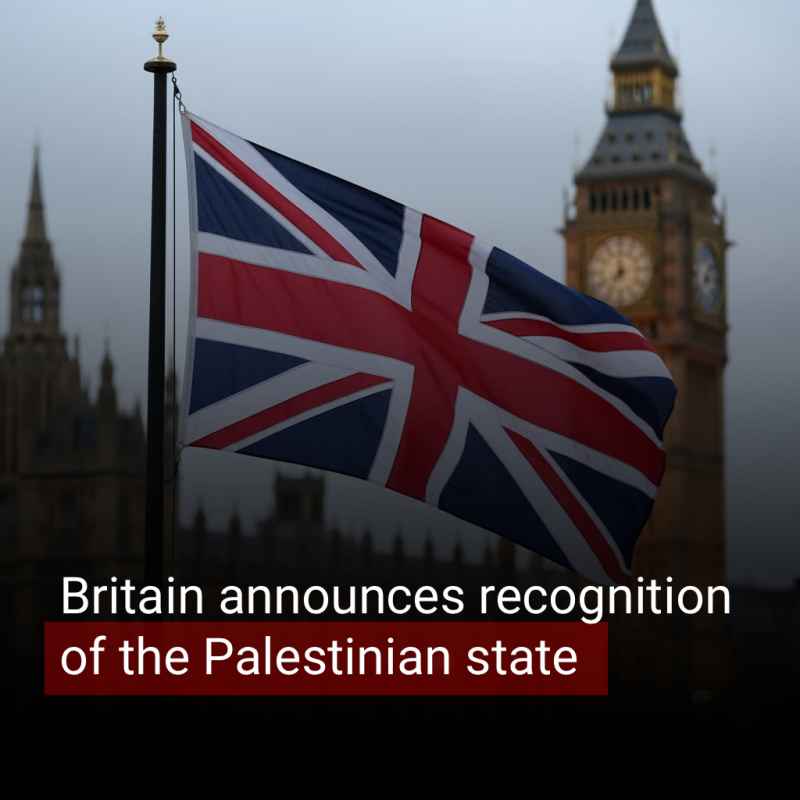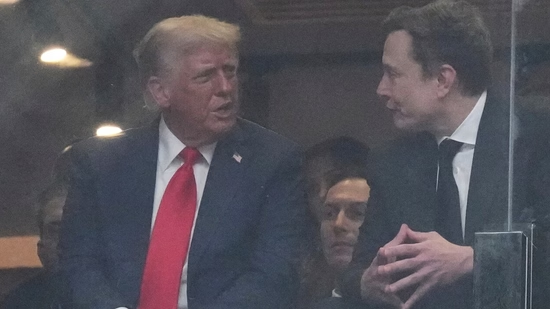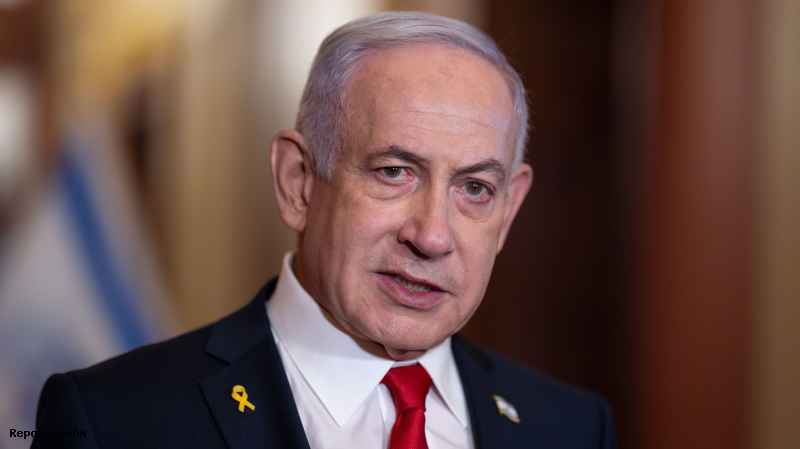On Sunday, September 21, 2025, the United Kingdom took a historic step by formally recognizing the State of Palestine. Prime Minister Keir Starmer called the move a crucial effort to revive the fading hope of a two-state solution and preserve the possibility of lasting peace in the Middle East. The decision, following similar announcements from Canada and Australia, signals a notable shift in Britain’s foreign policy.
The recognition had been widely expected. Back in July, Starmer warned that if Israel failed to make progress toward a long-term peace deal—including agreeing to a ceasefire in Gaza and halting settlement expansion in the West Bank—the UK would act. Officials stressed that the move is not meant as punishment for Israel, but rather as a way to keep alive the prospect of a viable Palestinian state at a moment when that prospect appears more fragile than ever.
Though largely symbolic, the decision carries real diplomatic weight. It allows Britain to sign treaties directly with the Palestinian government and upgrades Husam Zomlot, Palestine’s representative in London, to the status of a full ambassador. With this step, the UK joins more than 150 countries that already recognize Palestinian statehood.
Reactions have been divided. Palestinian leaders, including both the Palestinian Authority and Hamas, welcomed the announcement. Israel strongly condemned it, describing it as a “reward for Hamas’s monstrous terrorism.” The British government rejected that claim, saying the recognition is in fact the opposite of Hamas’s vision and reaffirming that sanctions on the group’s senior figures will remain in place.
Ultimately, the UK’s decision is part of a wider international push to build momentum for a peace framework. Still, many observers note that without the backing of key powers like the United States, recognition alone is unlikely to bring meaningful change on the ground.




